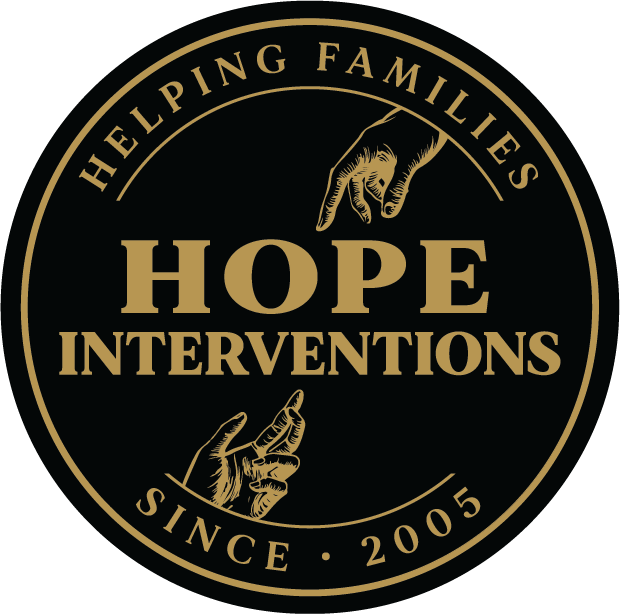Why Sober Companions are a Vital Part of Post-Intervention Support
Recovering from addiction is a journey filled with challenges and milestones. While interventions play a crucial role in encouraging individuals to seek treatment, the path to lasting recovery doesn’t end there. Post-intervention support is essential for maintaining progress, and one key component of that support is a sober companion.
What is a Sober Companion?
A sober companion is a trained professional who provides one-on-one support to individuals recovering from addiction. Their primary role is to help clients navigate the challenges of early recovery, offering guidance, accountability, and companionship.
Key responsibilities of a sober companion include:
- Helping clients build and maintain healthy routines.
- Providing emotional support during high-stress situations.
- Preventing relapse by identifying triggers and encouraging positive coping mechanisms.
- Accompanying clients to therapy sessions, 12-step meetings, or other recovery-related activities.
The Role of Sober Companions in Post-Intervention Support
Bridging the Gap Between Intervention and Independence
The period immediately following an intervention is often critical. Individuals may feel vulnerable, uncertain, or resistant to change. Sober companions offer a steady presence during this transitional phase, ensuring the individual stays committed to their recovery plan.
Relapse Prevention
Early recovery is a high-risk time for relapse. Sober companions:
- Help clients avoid situations or environments that could trigger substance use.
- Offer real-time support when cravings or emotional challenges arise.
- Encourage healthy alternatives to destructive behaviors.
Providing Emotional Support
Recovery can be emotionally taxing, with feelings of guilt, shame, or loneliness often surfacing. Sober companions offer a nonjudgmental space where clients can express their emotions and receive encouragement.
Strengthening Accountability
Having a sober companion provides an added layer of accountability. Their presence serves as a constant reminder of the client’s commitment to recovery, motivating them to stay on track.
Who Can Benefit from a Sober Companion?
Sober companions are particularly beneficial for:
- Individuals transitioning from a treatment facility back to everyday life.
- Those who face high-pressure environments, such as executives or public figures.
- People who have experienced multiple relapses and need additional support.
- Clients without a strong support network at home.
Choosing the Right Sober Companion
When selecting a sober companion, it’s important to consider:
- Experience: Look for someone with a strong background in addiction recovery and relapse prevention.
- Compatibility: The companion’s personality and approach should align with the client’s needs.
- Availability: Ensure they can provide the level of support required, whether part-time or full-time.
- Professionalism: A trained sober companion adheres to ethical standards and maintains confidentiality.
Comprehensive Post-Intervention Support
At Hope Interventions, we understand that recovery is a continuous process that requires a strong support system. Our sober companions are experienced professionals dedicated to helping clients build a life of sobriety and resilience. From managing daily routines to providing emotional guidance, they are an integral part of our commitment to your loved one’s success.
If you’re seeking post-intervention support for yourself or a loved one, contact us today to learn more about our sober companion services. Together, we can make recovery a reality.


